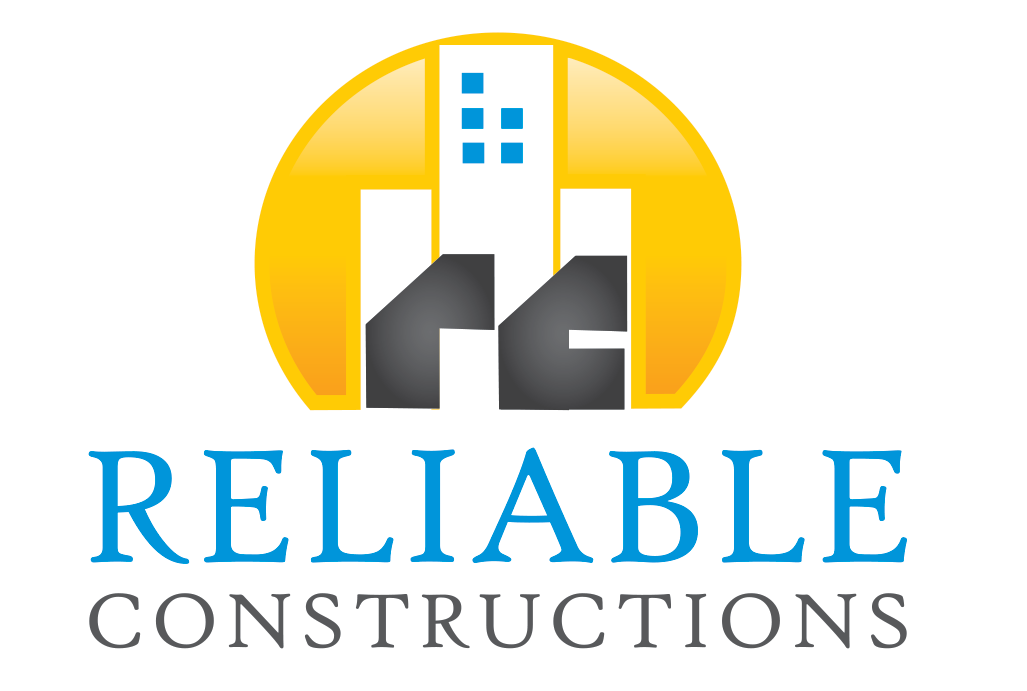NRI Corner
- NRI Overview
- Benefits
- Funding the Purchase
- NRI Guide
NRI Overview
The real estate market has India as a major participant. Increased urbanisation has made it a popular destination for high-profile NRIs (Non-Resident Indians) to explore a variety of residential property investment options because it also offers lucrative Return on Investment (ROI) opportunities.
Type of asset: Assets like house property, land and building, jewellery, development rights, etc. Rate of Tax Deduction at Source (TDS). Long term – 20.6% < short term – 30.9%.
It's possible to get the exemption (but only for long-term capital gains). Within the allotted time, long-term capital gains from the sale of a residential home may be used to purchase or build another residential home.
The exemption is limited to the lesser of the number of capital gains or the amount invested in a new residential home. Consider investing the amount of capital gains in bonds issued by the Rural Electrification Corporation or the National Highways Authority of India (NHAI). The entire capital gain is thereby exempt, or alternatively, the proportionate gain is exempt. A limit of 50 lakhs has been set on the amount that may be invested in capital tax-saving bonds, under the financial budget for 2007–08.
Benefits for NRIs
- Proactive guidance to maximise client benefits
- Excellent after sale customer service and support
- Legal documents and property verification assistance
- Transparent and fixed charges for resale and rental services
- Dedicated assistance for buying, selling, or renting properties
- Zero brokerage for investments and purchases in new projects
- Luxury handpicked properties at unbelievably competitive rates
- One point home loan assistance with leading banks and institutions
- Legal assistance on POA (Power of Attorney) and other Agreement-related documents
Funding the Purchase
Lenders will be pleased to finance your acquisition if you qualify and the title to the property is clear. Before moving forward, it would be advisable to have a lawyer verify the documents. Check the property's title documents carefully, especially if it was inherited or is held jointly, and obtain a bank release if the property has ever been subject to a mortgage. To make sure there are no outstanding water, electricity, or other bills with the authorities, request a no dues certificate from the seller at the time of purchase. For new structures, the land title must be unambiguous, and the builder must have obtained all necessary clearances and building permits from the local government. Your loan eligibility will also depend on your occupation and level of education. Like, in India, housing loans are only available to NRI graduates.
To assist our NRI clients with all real estate-related knowledge and procedures, we have a dedicated team of professionals. Help us with your request, and we'll provide you with the finest option right away.
As an NRI you need following documents to buy a property in India:
- Power of attorney in the name of someone in India who can carry out legal & financial proceedings on your behalf
- Your PAN Card
- In case your PAN card is not available, then a copy of your passport.
- An NRE or NRO account via which you can transact with the builder
NRI Guide
Who is an NRI?
An NRI is any citizen of India who is not residing in India and has resided in India for less than 182 days in the preceding financial year. NRIs have professional or other commitments which require them to live outside India for an indefinite period of time.
Who is a PIO?
A PIO is any citizen not of Pakistan or Bangladesh who has:
- At any time held an Indian passport
- Parents or grandparents who are citizens of India according to the Indian Constitution
- A spouse who is an Indian citizen or PIO (for the purpose of bank deposits)
A PIO can also buy real estate in India, and invest in Indian properties.
Who is an OCI?
An OCI is a person who is a citizen of another country, but also:
- Held an Indian citizenship at some point
- Was eligible for an Indian citizenship at the time of the commencement of the Indian Constitution
- Belongs to a territory that became part of India after Independence
With NRI investment in India growing at a large rate, an OCI can also buy real estate in India.
Who can purchase property in India?
According to guidelines laid down by the RBI, the following can purchase property in India:
- A Non-Resident Indian (NRI)
- A PIO
- An OCI
All three categories are generally referred to as NRIs for the purpose of opening bank accounts, for bank deposits, for purchasing property, etc. NRI investment in India shows great potential, and any of the aforementioned can buy real estate in India.
What property can NRIs buy?
The RBI allows NRIs to purchase immovable property in India including:
- Residential property
- Commercial assets
However, NRIs are forbidden from purchasing:
- Agricultural land
- Plantations
- Farmhouses
If you are looking for NRI investment in India and want to purchase one of these, you will need to specially apply to the RBI for permission and your case will be considered separately.
What documents are required by NRIs purchasing property?
NRIs looking to purchase property in India fall under two categories: salaried individuals and self-employed individuals.
